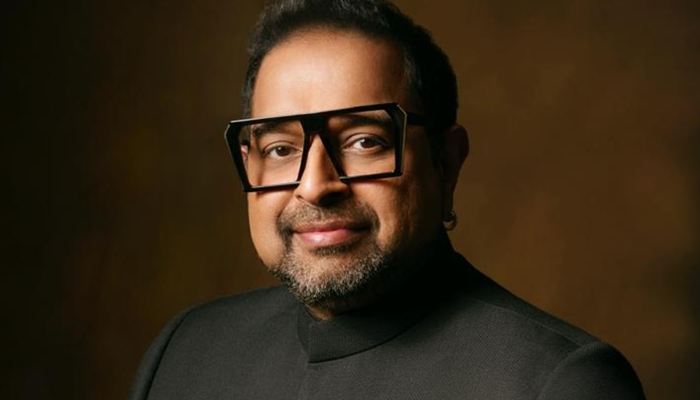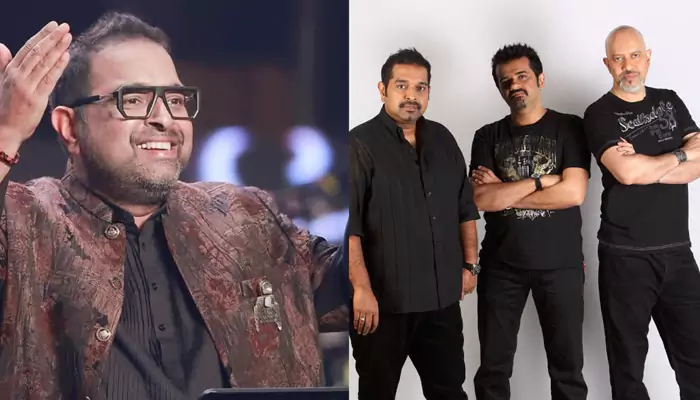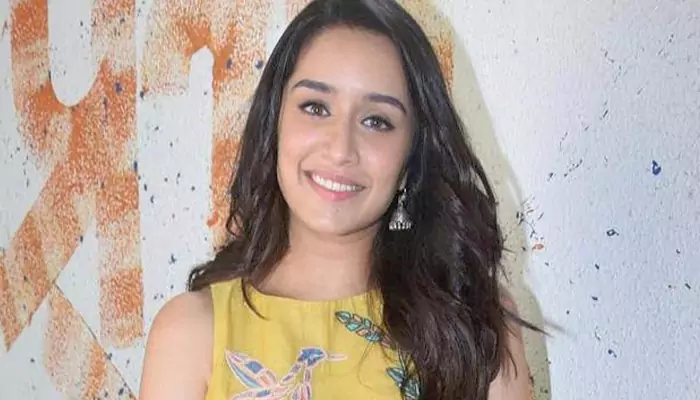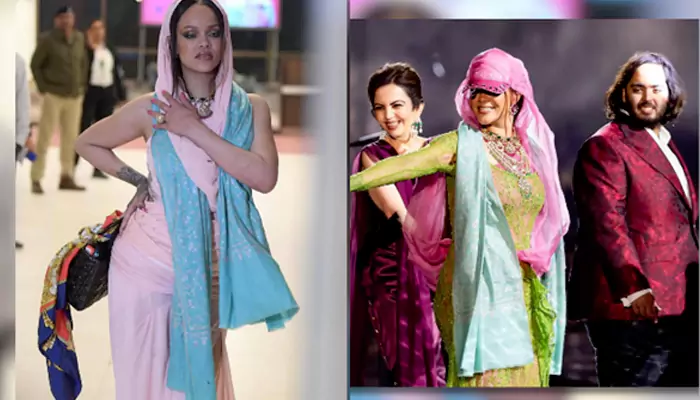Vidhu Vinod Chopra's Birthday: THIS Legendary Bengali Filmmaker Gave Him His Name - Guess Who!
- Sayan Paul
- 6 months ago
- 3 minutes read
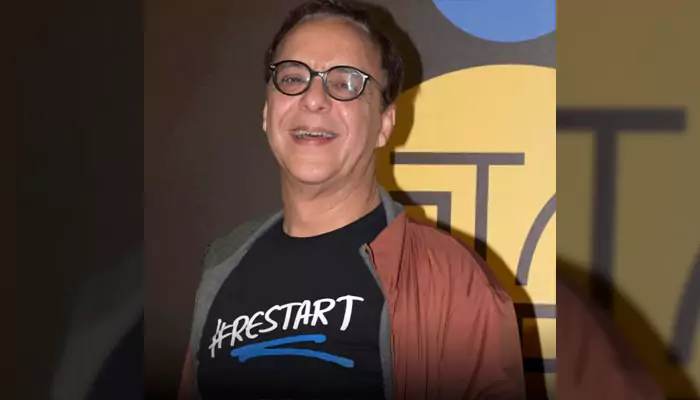
Another hint. Martin Scorsese is a massive fan of that filmmaker.
William Shakespeare had his logic when he asked, What’s in a name? But we all know a name makes a difference. For instance, Vidhu Vinod Chopra is a name that carries weight. The moment you hear it, you pause and picture a towering figure in your mind. But if the '12th Fail' filmmaker was simply called Vinod Chopra, the impact wouldn’t have been the same. And the surprise is that his real name is actually Vinod Chopra, and it was a legendary Bengali filmmaker who suggested he add “Vidhu.”
Curious to know the story? Well, on Chopra’s 73rd birthday, let’s find out.
FTII: The Ground of Transformation
The story begins at the Film and Television Institute of India in Pune during the 1970s. The campus was alive with restless energy, such as dusty corridors filled with voices, chipped teacups passed around between conversations about art and politics, and students navigating the uncertainties of craft and ambition. And presiding over many of these moments was Ritwik Ghatak, one of Indian cinema’s most distinctive voices. He was as unpredictable as he was brilliant, often speaking in Bengali whether or not his students followed, using a mixture of tenderness and scolding to push them harder. He seemed less a teacher than a provocation, who forced you to take yourself seriously.

The Naming Anecdote
Among those students was a young Kashmiri, Vinod Chopra. Ghatak, with his instinct for theatre even in casual moments, teased him about the flatness of his name. “Vinod Chopra,” he said, lacked the force a filmmaker’s name (like Ritwik Ghatak) should carry. His suggestion was to add “Vidhu” in front. Chopra later remembered that moment as decisive. Speaking at the trailer launch of his English-language film 'Broken Horses' in 2015, he credited Ghatak entirely, “He said, ‘You put Vidhu Vinod Chopra. That’s a good name. I owe my name to him.’”
A Career Built Around Identity
The choice to adopt “Vidhu” coincided with the shaping of Chopra’s artistic identity. His FTII short 'Murder at Monkey Hill' (1976) had already won recognition, eventually leading to his first feature 'Sazā-ye Maut' (1981). The following years brought films that cemented his reputation, including 'Khamosh' in the mid-1980s, the acclaimed 'Parinda' (1989), and the sweeping romance '1942: A Love Story' (1994). By then, the name “Vidhu Vinod Chopra” was firmly etched in the public imagination, attached to both artistic daring and commercial success.

The Legacy of Ritwik Ghatak
To understand why a single suggestion carried such weight, one must return to Ghatak himself. Born in 1925, he lived a short and turbulent life, passing away in 1976. His films (Meghe Dhaka Tara, Komal Gandhar, Subarnarekha, Titash Ekti Nadir Naam, and Jukti Takko Aar Gappo) form a body of work small in number but seismic in influence. They dealt with exile, displacement, and partition, yet they were infused with theatre, music, and political fire. Ghatak was someone whose very name carried gravitas in Indian cinema. That's why when he said a filmmaker’s name should have weight, students listened.
Happy Birthday, VVC!

